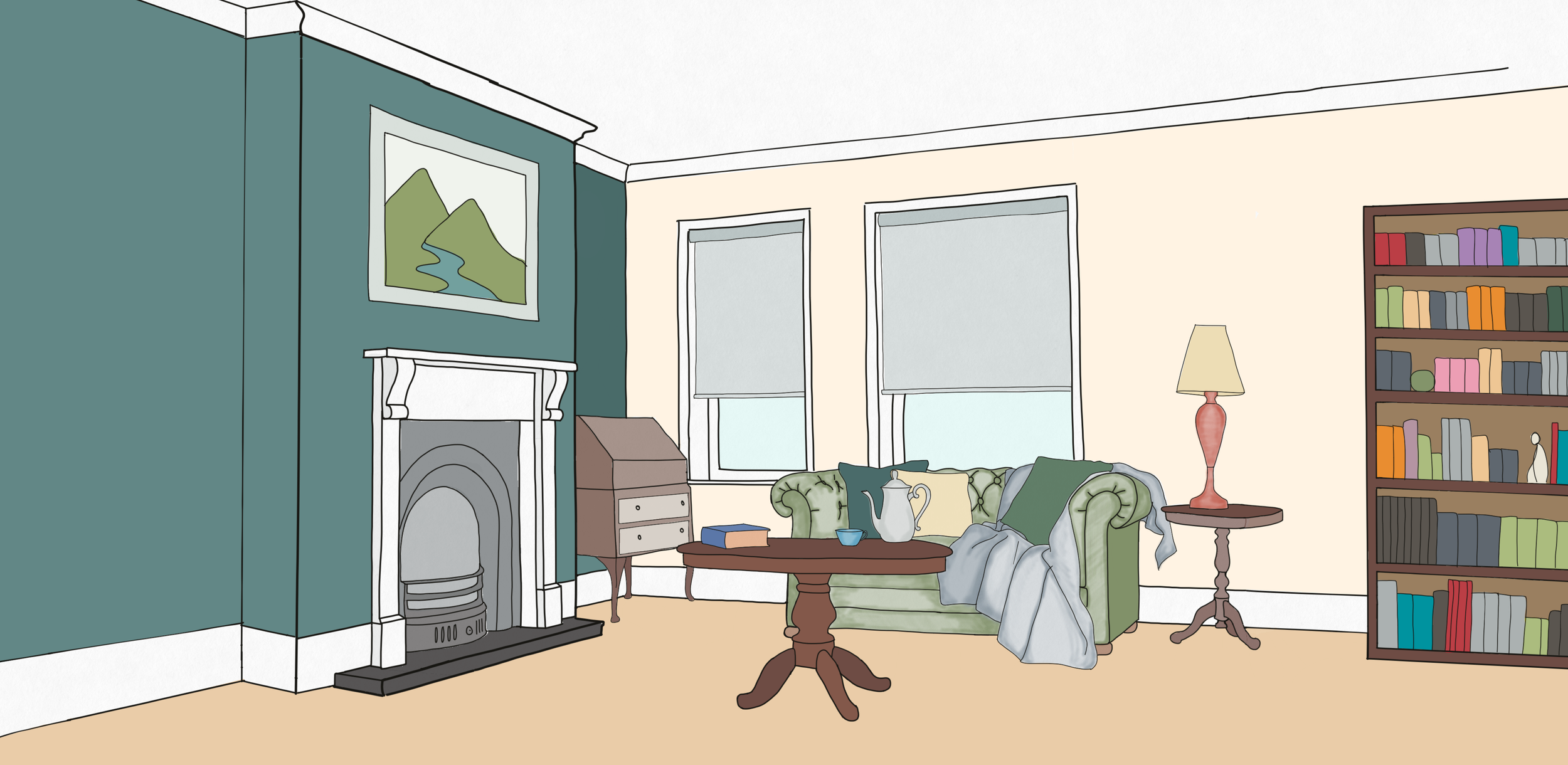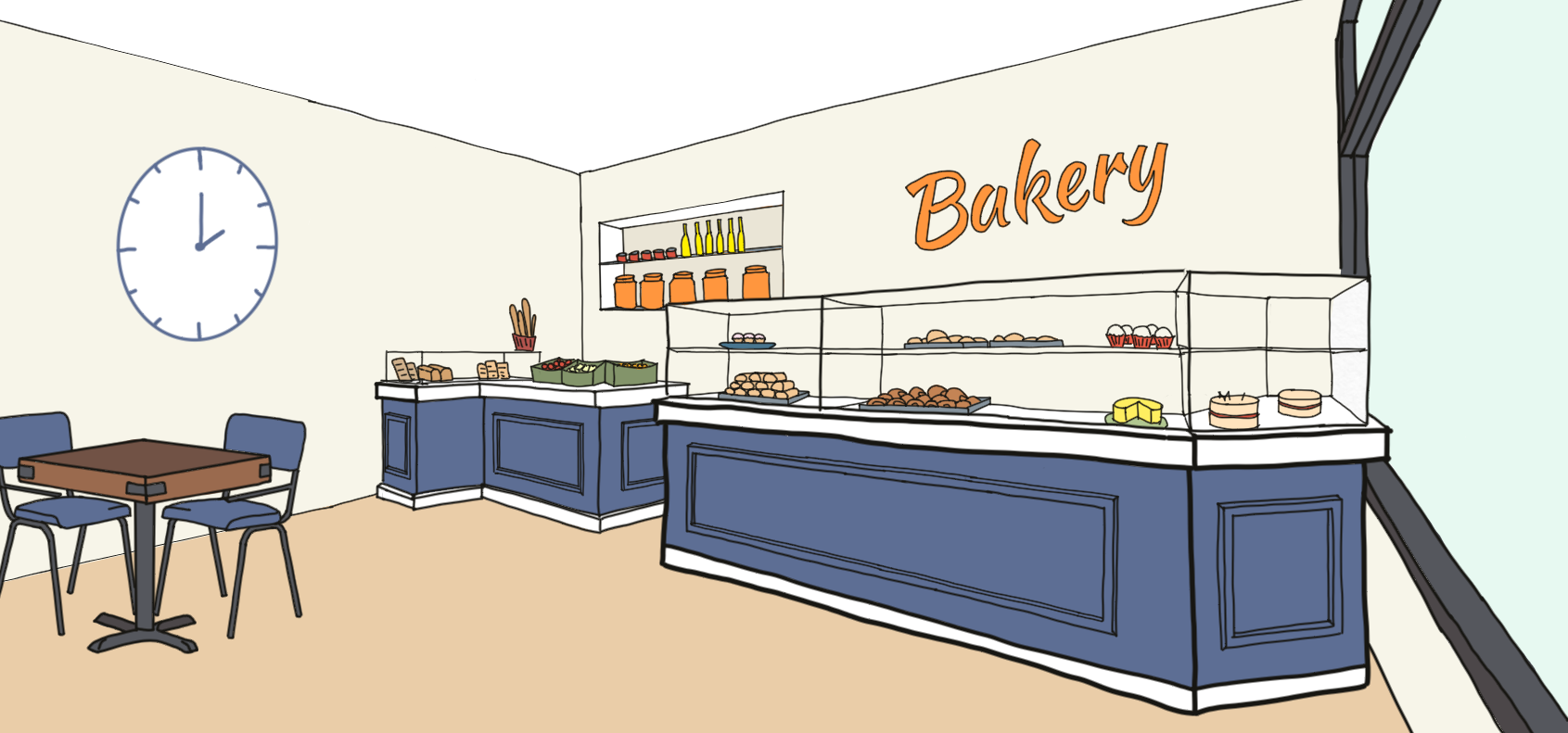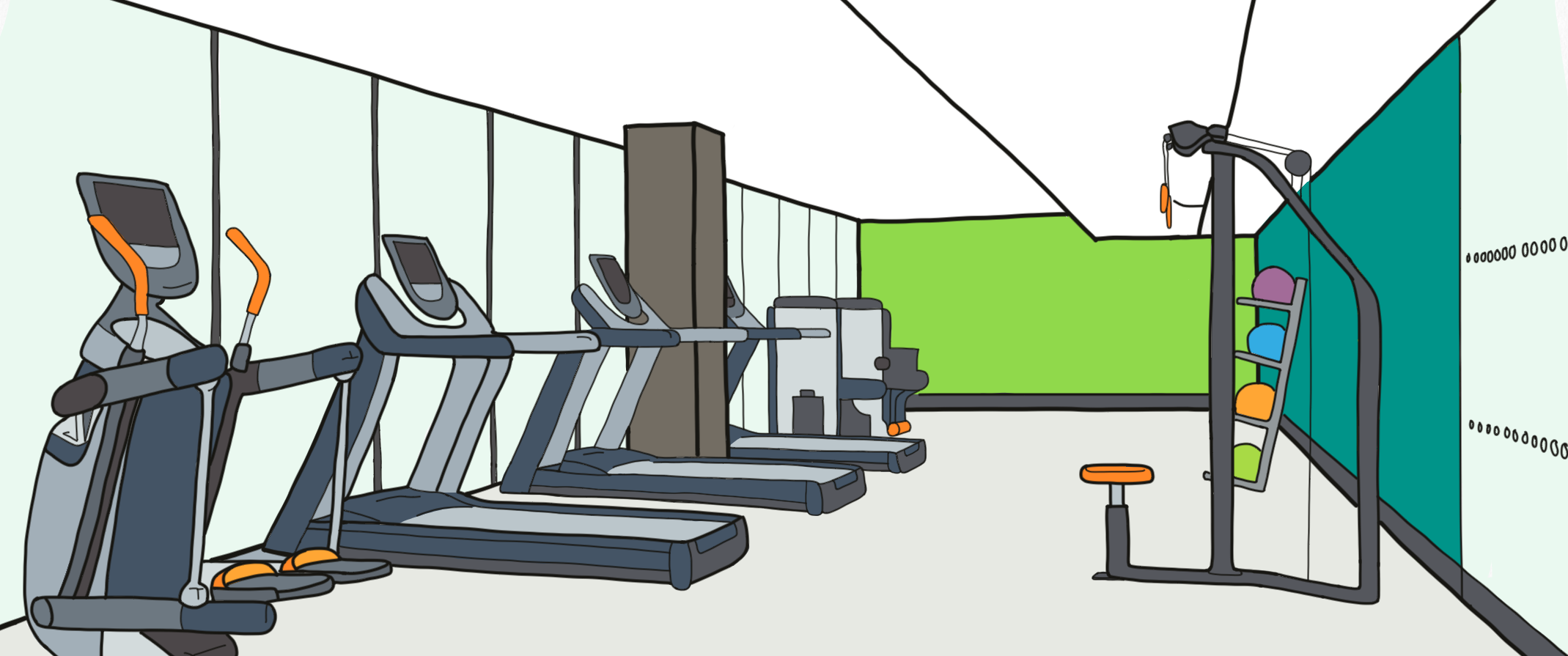
Environments for Ageing and Dementia Design Assessment Tool (EADDAT)
DSDC is proud to bring you ‘Environments for Ageing and Dementia Design Assessment Tool’ (EADDAT); an international benchmark of quality design for an ageing population and those living with a dementia. The Tool is designed to be accessible and to support anyone who wants to make the environments in which they live, work, or play, more inclusive for an ageing population, and people living with a dementia. With versions of EADDAT specifically designed for a variety of building typologies, and tiers reflecting the scale of the intervention or project, there is a version of the Tool for everyone.
EADDAT is informed by the most current research on ageing and dementia design. It recognises that the global population is ageing, and with it we expect an increase in the prevalence of dementia. It is therefore more important than ever to ensure we design for everyone, and for the future. EADDAT will support you to make that change.
Below are useful resources that provide information about EADDAT and how to use it. You can find the tools through the DSDC publications page.
Supporting information
-

A new tool
After three years of research and development, DSDC are transitioning away from the Dementia Design Audit Tool (DDAT) towards the Environments for Ageing and Dementia Design Assessment Tool (EADDAT).
The new tool is an all-inclusive resource, based on new updated research incorporating many new building typologies and environments. With three entry tiers it ensures more people can access the research and receive recognition for their efforts.
From October 2022 all of our dementia and ageing design consultancy and building accreditations will utilise this new tool.
-

Overview
A brief overview of the new Environments for Ageing and Dementia Design Assessment Tool (EADDAT).
This video explains what EADDAT is, who it is for and how the tool works.
You can access the EADDAT resources through DSDC’s publications page.
-

Tier 1 - Dementia Aware
An entry level tool for everyone.
Tier 1 provides basic information to allow the user to make some first step changes to make their environment ‘dementia aware’. This version includes a short checklist outlining six design principles for the user to work through.
Users have the option for self-assessment and to receive a certificate and window decal.
You can access Tier 1 through DSDC’s publications page.
-

Tier 2 - Dementia Supportive
An intermediate level tool for carers, small businesses, and health and social care professionals.
Tier 2 is split into seven versions to cover a range of building typologies; you will only need to reference the version most appropriate for your project. This version of the tool includes essential technical guidance.
With Tier 2 you can complete a self-assessment or arrange for an official DSDC Audit.
You can access Tier 2 through DSDC’s publications page.
-

Tier 3 - Dementia Inclusive
An advanced level tool for design professionals, estate managers, care operators, and property companies.
Tier 3 is still under development.
To keep up to date with progress, register for news below.
-

Case study - Transport for London (TfL)
Transport for London (TfL) have included DSDC’s EADDAT in their Sustainable Development Framework. TfL are one of London’s biggest landowners, providing commercial properties and new homes, amongst other things. By taking a holistic approach, the framework provides a set of tools to support sustainable development within London. By embedding EADDAT within the framework, TfL are committing themselves to provide environments which are suitable for people living with a dementia, and an ageing population.
-

Case study - Kirklees Council
Kirklees Council have been piloting EADDAT Tiers 1 and 2, and are using the toolkit for a number of re-developments within the council area. Terryann Shaw, Dementia Strategic Partnership Manager at Kirklees Council, takes you through how they have used EADDAT to make changes to existing buildings, to make them more supportive for people living with a dementia.
-

FAQ's
DSDC has complied a document of our frequently asked questions to help you navigate the new tool.

Donate
DSDC is incredibly grateful to the array of funders who have, and continue to support the work of the centre. If you would like to support DSDC or dementia and ageing research, you can donate here

